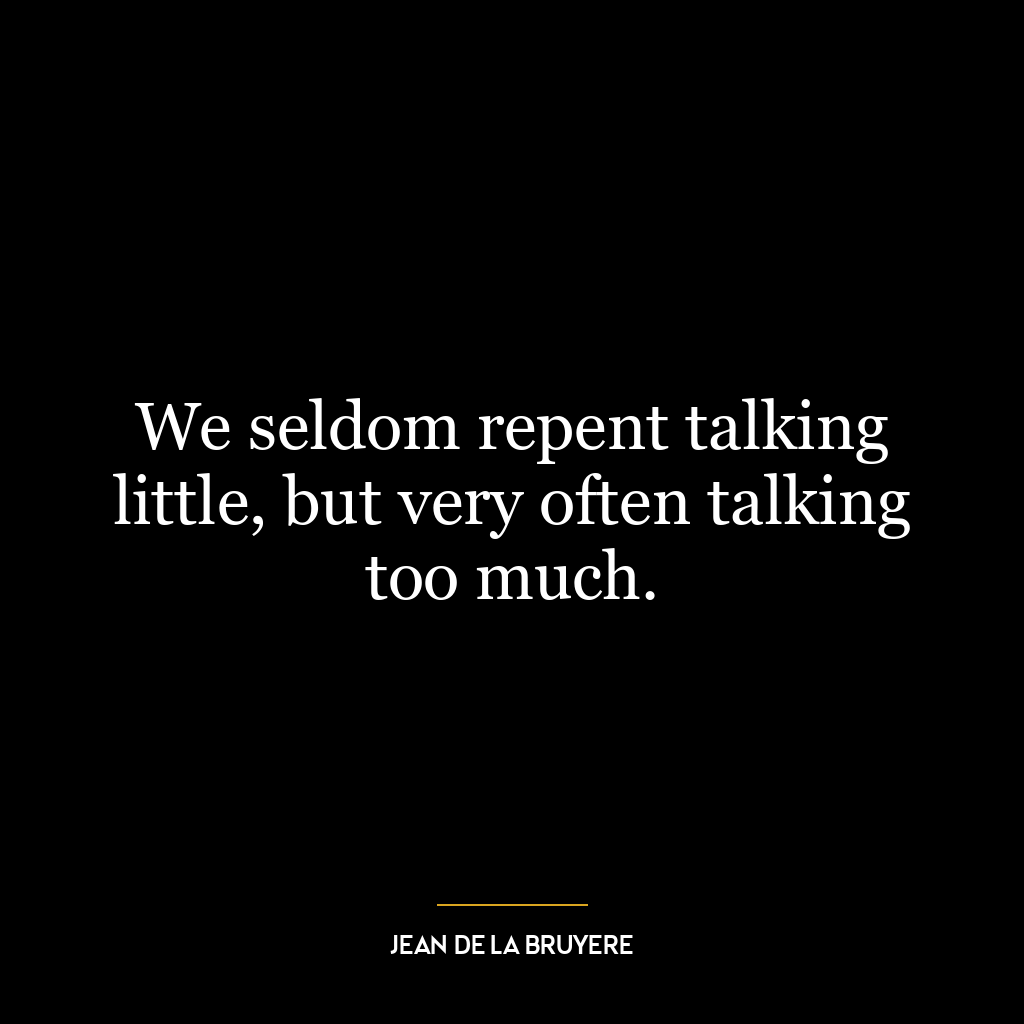This quote suggests that the moderation or balance exhibited by fortunate individuals stems from the tranquility or peace their good fortune imparts to their temperaments. It implies that wealth, success, or other forms of good fortune can lead to a state of calmness or serenity, which in turn may result in balanced behavior or moderation.
The quote can be seen as a comment on the human tendency to feel more relaxed and less reactive when our needs are met and our lives are stable. When we are fortunate, we may feel less threatened or anxious, which can lead to a more measured, moderate approach to life. We may be less likely to overreact, to make impulsive decisions, or to behave in extreme ways.
However, it should be noted that this isn’t always the case. Not all fortunate individuals exhibit moderation, as good fortune can sometimes lead to excess, indulgence, or a lack of empathy for others. This quote may be suggesting that true good fortune isn’t just about material wealth or success, but also about the ability to maintain a calm and balanced temperament.
In today’s world, this idea can be applied in many ways. For example, in personal development, it could be used to emphasize the importance of cultivating inner peace and balance, regardless of external circumstances. It suggests that true success isn’t just about achieving our goals, but also about how we handle our achievements, how we treat others, and how we manage our emotions.
In a broader societal context, it could be used to critique the excesses of wealth and success, and to argue for a more balanced, moderate approach to life. It could also be used to highlight the importance of mental health and emotional wellbeing, and to argue that these should be prioritized alongside material wealth and success.










